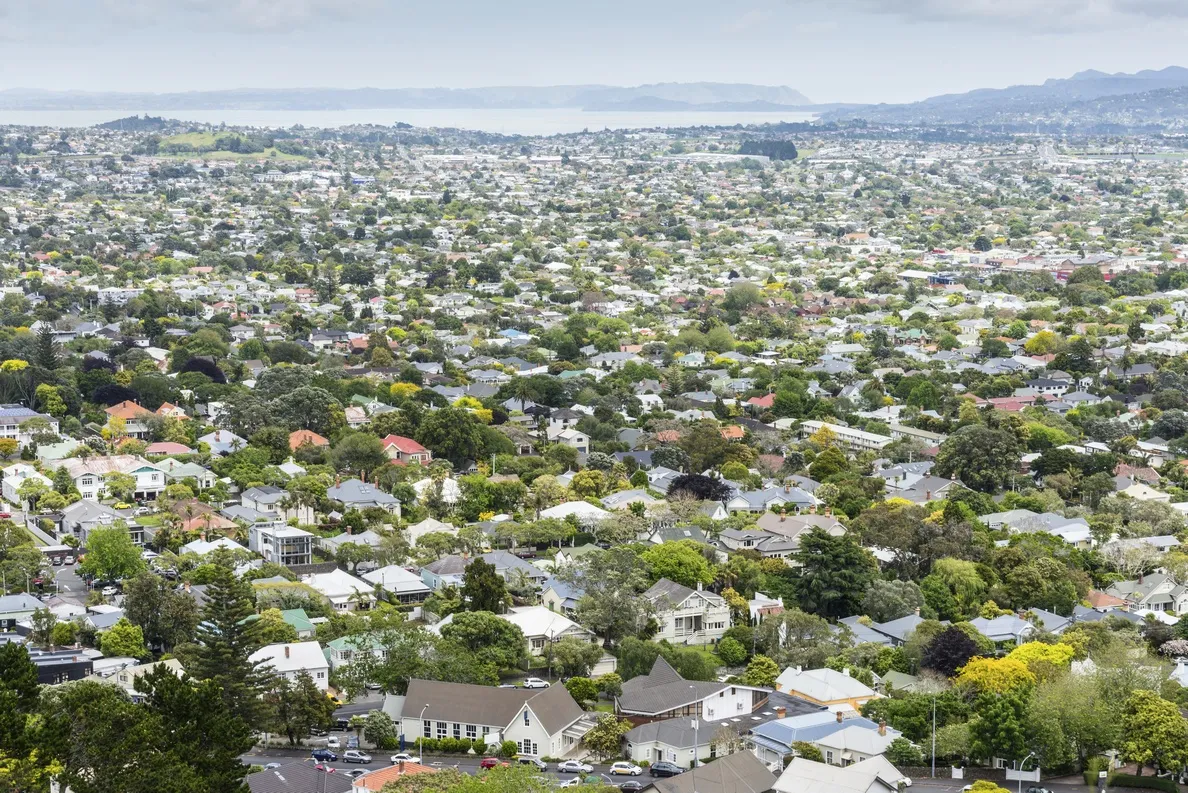Table of Contents
Don Brash
Don Brash was Reserve Bank Governor from 1988 to 2002, and National Party Leader from 2003 to 2006.
Four months ago, I described a speech by Chris Bishop in his capacity as Minister of Housing as perhaps the most important speech given by any Government minister since the election last year.
He’s just given another, arguably even more important, laying out in words of one syllable what the Government plans to do to fix New Zealand’s broken housing market.
He began his speech to the Real Estate Institute by setting the scene:
We need change:
· After-inflation house prices have increased by more than any other OECD country in the past 30 years. Between 2000 and 2021, inflation-adjusted house prices rose 256 per cent in New Zealand.
· In the year to June 2023, 45 per cent of renting households spent at least 30 per cent of their post-tax income on housing. Research by the OECD shows that this is even higher for low-income households and higher in New Zealand than in any other country.
· There are 23,500 families on the social housing wait list, a measure of unmet demand for people in severe housing need.
· And tomorrow, more than 2000 families will wake up living in an emergency housing hotel room.
And in what was quite a lengthy speech, he laid out how the Government planned to oblige councils in all significant urban areas to radically free up the land available for building houses on (sufficient suitable land for housing demand in the next 30 years), to allow greater density at least near to main transport systems, to improve the rental market, to reduce building costs, to remove the lower limit on apartment size, and to reform the Resource Management Act.
A few days later, Building and Construction Minister Chris Penk chimed in with measures to reduce building costs by forcing councils to do building inspections remotely, thus reducing the cost of building homes and reducing the ridiculously long (and therefore expensive) time it currently takes to build a house – on average, 569 days (more than 18 months on average). And that doesn’t include the time taken to get a building consent!
In other words, the Government appears to be deadly serious about doing something to fix the ridiculously unaffordable housing market in New Zealand. Hallelujah!
Will the Government deliver on this ambitious plan? After all, the Key Government pledged to make housing more affordable after it got the Productivity Commission to do its very first report on housing affordability back in 2012, but saw house prices continue to rise much faster than incomes throughout its nine years in office.
The Labour-New Zealand First coalition Government pledged in its Speech from the Throne on assuming office in 2017 that it would scrap the Metropolitan Urban Limit around Auckland, thereby freeing up land supply in that city – but failed to do so, later promised not to do so, and saw house prices continue to climb steeply.
Over the last two decades at least, politicians on both sides of the House have talked about making housing more affordable and have utterly failed to deliver. Will this time be different? I suspect it will be, partly because the social costs of ridiculously unaffordable housing have become dramatically clear, partly because there now appears to be a much greater understanding that it has been local government policies which have been the primary cause of the current mess, and partly because Chris Bishop appears to be firmly committed to fixing the mess and he is the third ranked National Party Minister.
He has plenty of critics, some overt and some covert.
The covert ones are the ones who, having “banked” a huge increase in their personal wealth as a result of house price escalation over the last three decades, will be exceedingly reluctant to see even a small decrease in absolute house prices.
The overt critics are of three kinds.
First, there is concern – which may well be genuine – that removing the limit on how small apartments can be will result in “shoe-box apartments”, leading to slums. To which Chris Bishop has already replied: “Do you know what is smaller than a shoe-box apartment? A car or an emergency housing motel room.” Of course in practice what would happen if a surplus of “shoe-box apartments” were built, they would become impossible to sell, and developers would need to create larger apartments which people want to buy.
Second, some point out that what the Minister is proposing suits property developers, many of whom have been generous donors to the parties in the governing coalition. I have no doubt that some property developers can see profits to be made in the new environment. I also suspect that some property developers are very unhappy at the prospect that the land they bought for development on the assumption that land available for development would always be artificially constrained may suddenly become very much cheaper. But so what if some property developers make money from increasing the supply of affordable homes? We should always be delighted when people can make money supplying something for which there is a strong need in a highly competitive market.
The third argument is that if house prices fall too sharply the stability of the banking system could be threatened, and that would be a concern for the Reserve Bank and for the Australian owners of our major banks. There is certainly a theoretical possibility that house prices could fall so steeply as to jeopardize the stability of the banking system, but the fall would have to be quite precipitate for that to be even a theoretical possibility. For most New Zealanders, some reduction in the profitability of the Australian-owned banks would be a small price to pay for a more affordable housing market, where their children and grandchildren have a reasonable prospect of owning their own homes.
This article was originally published by Bassett, Brash & Hide.








